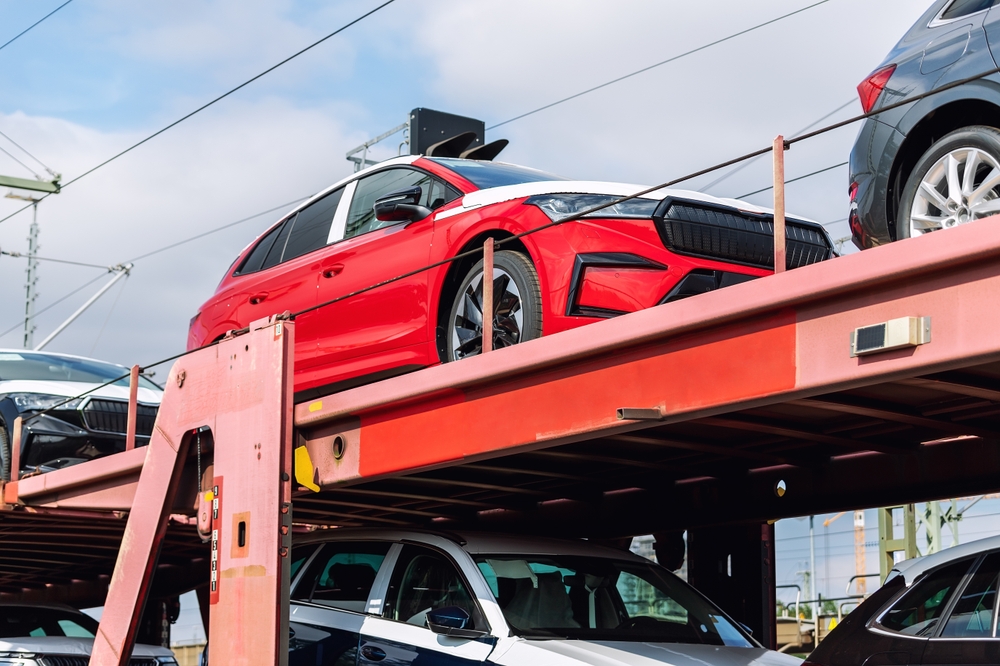Ireland Increasingly Leaning Towards Japanese Car Imports Over UK

Data from Cartell reveals that Japan has overtaken the UK in Ireland’s used car imports market, signifying a significant trend shift post-Brexit. Since 2020, the number of Japanese cars being imported into Ireland has surged, surpassing the United Kingdom, traditionally Ireland’s top supplier.
Over the past decade, Japanese imports have increased nearly tenfold, from 2,321 in 2014 to 21,716 in 2023. In contrast, UK imports have declined from 44,939 in 2014 to 14,904 in 2023.
Wesley Littleford, Cartell’s Commercial Operations Manager, comments, “Like many Irish industries, the automotive sector has had to rapidly adapt to changing import costs and conditions from the UK market post-Brexit. The Japanese market has emerged as a more affordable alternative for dealerships and individual buyers alike.”
In 2015, there were twice as many used UK imports as Japanese imports arriving in Ireland. UK imports peaked in 2019 but began to decline rapidly the following year due to Brexit. Between 2020 and 2022, Japanese imports nearly doubled year on year: from 4,575 in 2020 to 9,805 in 2021, and 18,524 in 2022. This trend resulted in twice as many used Japanese imports as UK imports in 2023.
“The trend seems set to continue for Japanese imports, with roughly twice as many Japanese cars arriving in the country compared to UK imports so far in 2024.”
Since the UK’s exit from the European Union, Irish buyers have faced increased costs and paperwork when importing vehicles from the UK, whereas favourable depreciation rates for cars in Japan mean high quality vehicles available at lower rates. Japanese vehicles are also increasingly seen as reliable and well-maintained, providing good value for money.
Importers specialising in Japanese vehicles have likely seen a rise in business, contributing to the country’s economic growth.
While Japanese imports surge, Cartell data reveals that European models still reign supreme. Volkswagen is the most popular car maker imported from Japan, with the Golf and Polo taking the top spots. Audi and the A3 are the next most imported make and model. Despite the popularity of Japanese-made European models, brands like Toyota, Honda, and Nissan are also gradually increasing in popularity.
Most Japanese cars being imported are aged between 6-10 years, with 73% having petrol engines so far in 2024. In comparison, 22.8% are petrol-electric hybrids.
Japanese vehicles often have more advanced technology and fuel efficiency compared to older UK models, which is a positive step towards reducing Ireland’s emissions and promoting fuel-efficient alternatives. While these vehicles need to comply with EU regulations, it can also be seen as a positive impact on niche businesses providing these compliance checks, potential modifications, and adjustments to supply chain and logistics.